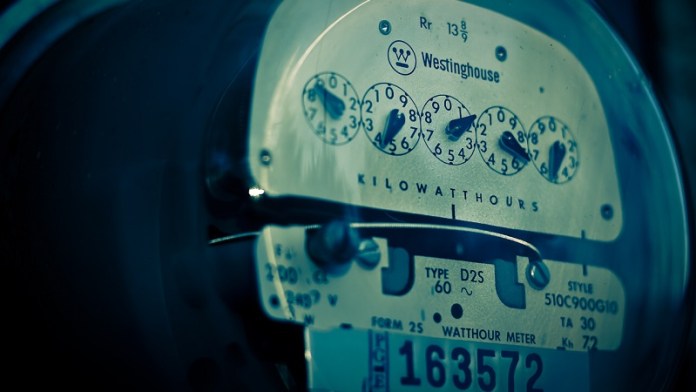Editor’s Note: Unfortunately disruption has made this edition of The Badger a little different. Unavoidable circumstances meant that this edition was delayed. Consequently, some of these articles are a little older and we haven’t been able to get the newest stories to you this time. However, we think that it is fair that those who wrote great articles have them published, and these important stories are read by you.
Words by Alice Haskins, Staff Writer
On Thursday, February 24th, Russian tanks crossed over the Ukrainian border, marking the start of a full-scale invasion as well as multiple socio-economic transformations across Europe.
Despite having hit their highest levels in over three decades, economists are now warning that this conflict may trigger a further rise in inflation. An upsurge which, if present, is set to leave UK households suffering the biggest decline in their living standards since the 1950s.
This comes as a result of the UK’s market relationships with Russia and Ukraine, as well as changes to the global economy in light of their conflict.
Fuel and gas, for example, are valuable resources in today’s global economy. And, with Russia being the second biggest exporter of crude oil and the world’s largest natural gas exporter, the stakes are high.
Russian gas accounts for approximately 40% of the EU’s energy supply. The Guardian reported that “European natural gas prices surged by almost 70%” during the conflict’s first day.
Despite just 5% of the UK’s total gas imports originating in Russia, this transformation is set to increase inflation, decrease real incomes and damage living standards in Britain.
Notably, the UK’s inflation rates are already at a 30-year high (5.5%). They were expected to rise further, to a peak of more than 7%, as a result of Covid-19 and the upcoming 54% increase in household utility bills.
However they were also projected to drop later this year. Nevertheless, should the recent surge in gas prices be sustained, The Bank of America has said that, by the end of the year, inflation may be 1.9 percentage points higher than previously thought- settling around 6%.
The Russian-Ukrainian war is thought to be furthering this decrease in UK living standards through its bearing on numerous other market-based resources.
The New York Times describes how the two countries supply “nearly a quarter of the world’s wheat”. Disruption to agriculture and trade routes, as a result of their conflict, will therefore impact the price and distribution of this vital crop and its by-products.
The BBC reported that, “following the invasion on Thursday, oil prices surged past $100 (£74) a barrel to hit their highest level for more than seven years”. This increase filtered down to British consumers as, according to the RAC, the cost of unleaded rose to almost 150p per litre and diesel climbed to 153p for the first time in history.
Despite becoming more stable the following day, the cost of crude oil and gas remain at industry highs and the conflict continues to impact the distribution of wheat. Importantly, The Bank of America warns that a sustained rise within these markets could add further pressure to vulnerable families.
In fact, with soaring utility bills, and workers’ income failing to maintain the same level of growth, the bank’s analysts fear that real household income could fall by 3.1% this year- “comfortably the largest calendar year fall since at least 1956”.
This crash in living standards is expected to disproportionately affect poorer households as lower-income families spend a higher percentage of their income on essentials.
Given the prevalence and turbulent nature of the ongoing conflict in Ukraine, it is unclear what the British government will do to tackle the nation’s worsening cost of living crisis. However, with interest rates rising, average pay shrinking and steep cuts in real income, the administration is under mounting pressure.





